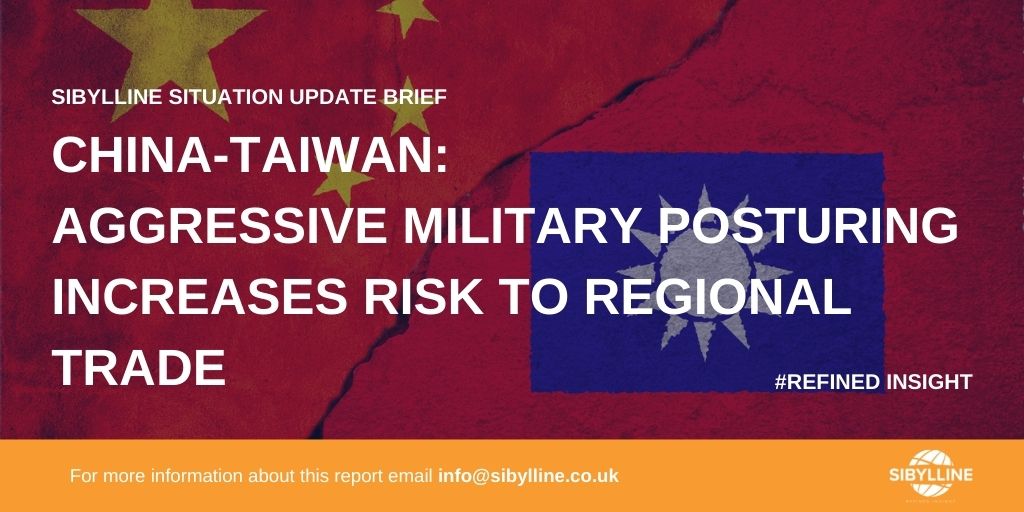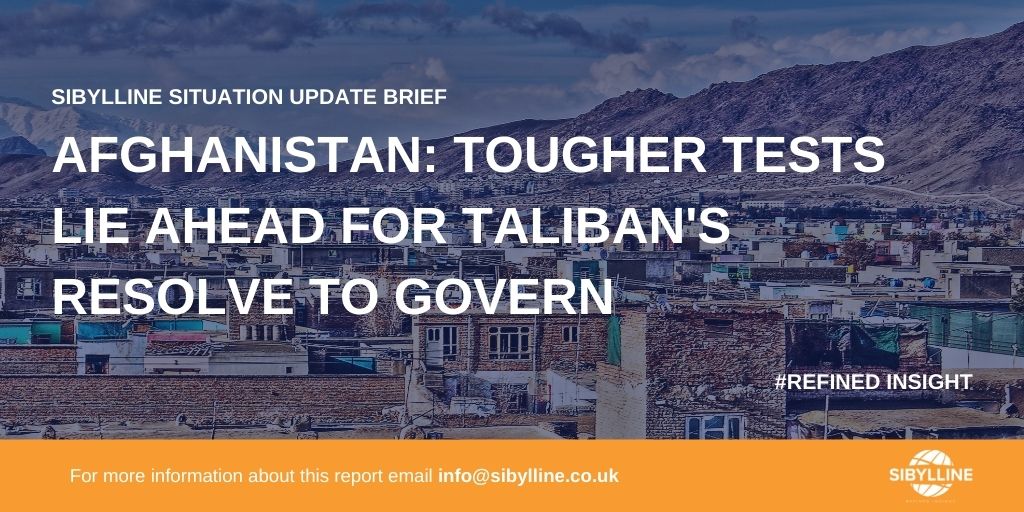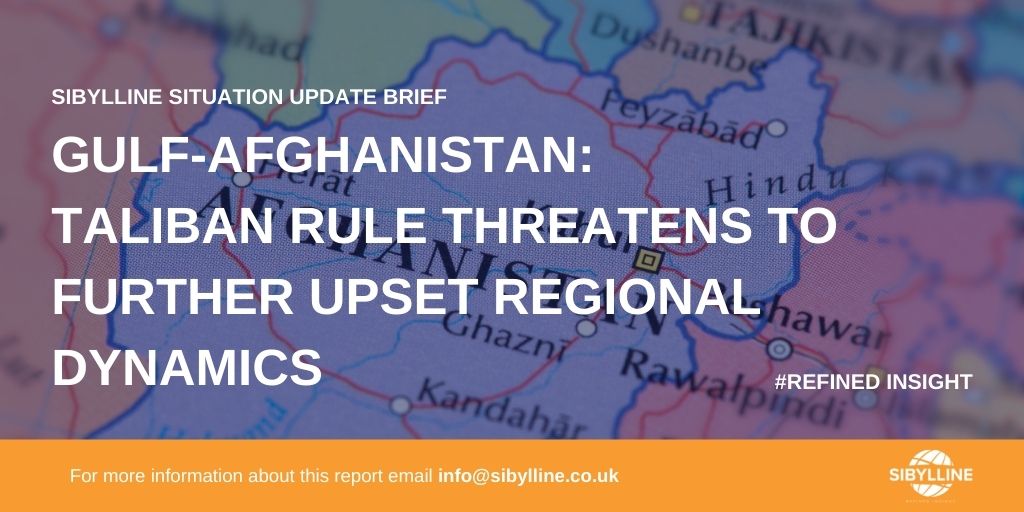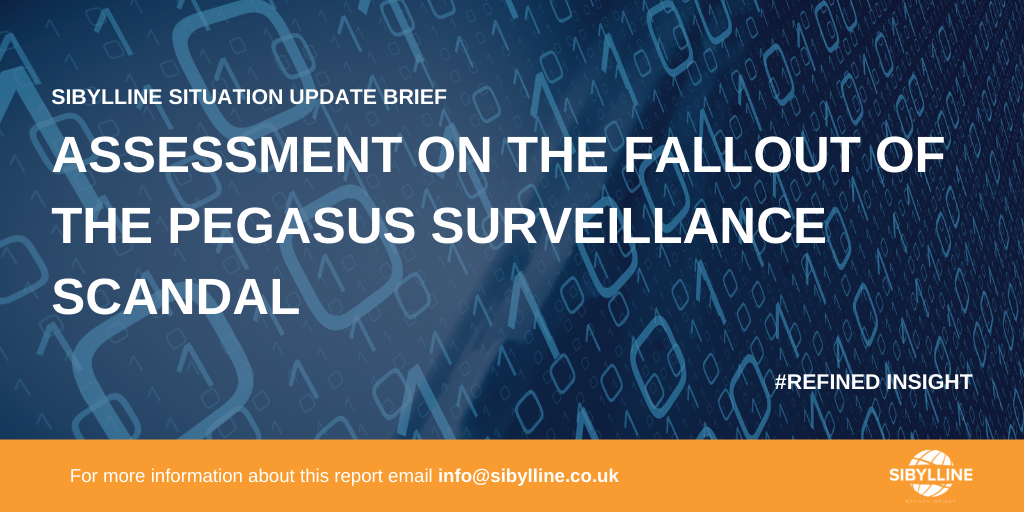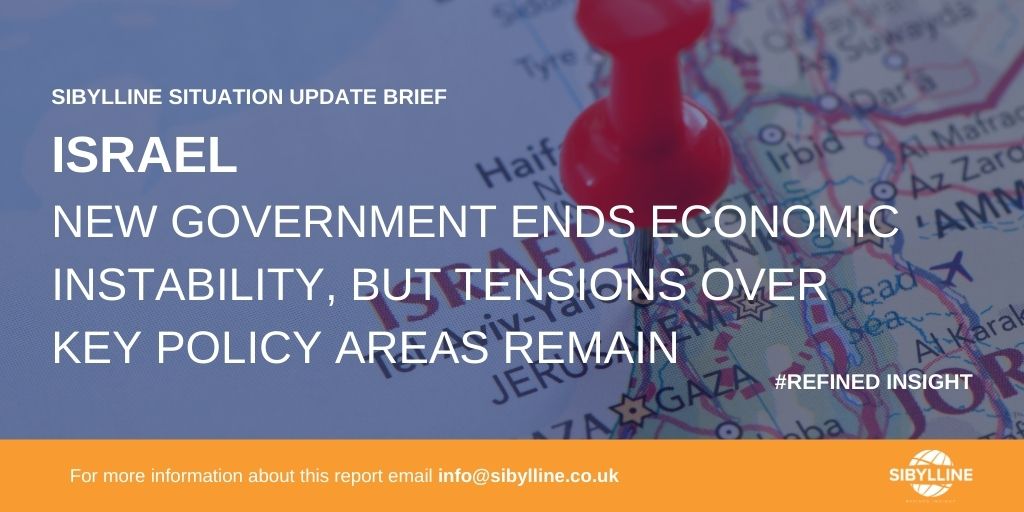SUB. Aggressive Military Posturing Increases Risk to Regional Trade
Key Takeaways An uptick in military activity and political rhetoric has shown Beijing’s increasingly assertive stance on Taiwan this month. President Tsai Ing-wen (Democratic Progressive Party, DPP) of Taiwan is unlikely to seek moves towards formal independence in the remainder of her current term; however, Tsai firmly rejects Beijing’s unification proposal under the “one China, […]
SUB. Aggressive Military Posturing Increases Risk to Regional Trade Read More »

